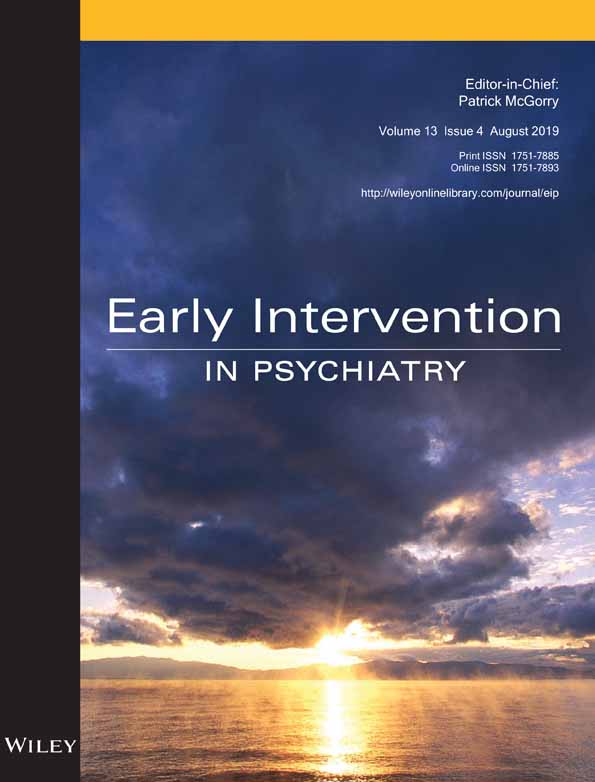Barriers and facilitators to “moving on” from early intervention in psychosis services
Abstract
Aim
Transition from early intervention in psychosis services (EIPS) to ongoing care can be challenging for staff and service users. This study aims to explore staff views of the barriers and facilitators to transition from EIPS.
Methods
Eighteen EIPS staff were interviewed about their experiences of discharge processes and interviews were analysed thematically.
Results
Four themes were identified: (1) “nowhere to go”: illustrated how service users remained in EIPS because other teams lacked capacity to take them; (2) “collaboration between agencies” highlights the challenges of working across boundaries; (3) “therapeutic relationships”: reflects the loss service users and staff experienced at discharge; (4) “advanced planning” relates to the necessity for advanced planning and service user empowerment to facilitate the discharge process.
Conclusions
This is the first in-depth exploration of EIPS staff views on discharge processes. To ensure seamless transitions throughout care pathways, services need better inter-agency collaboration and more adequate preparation for transition.




